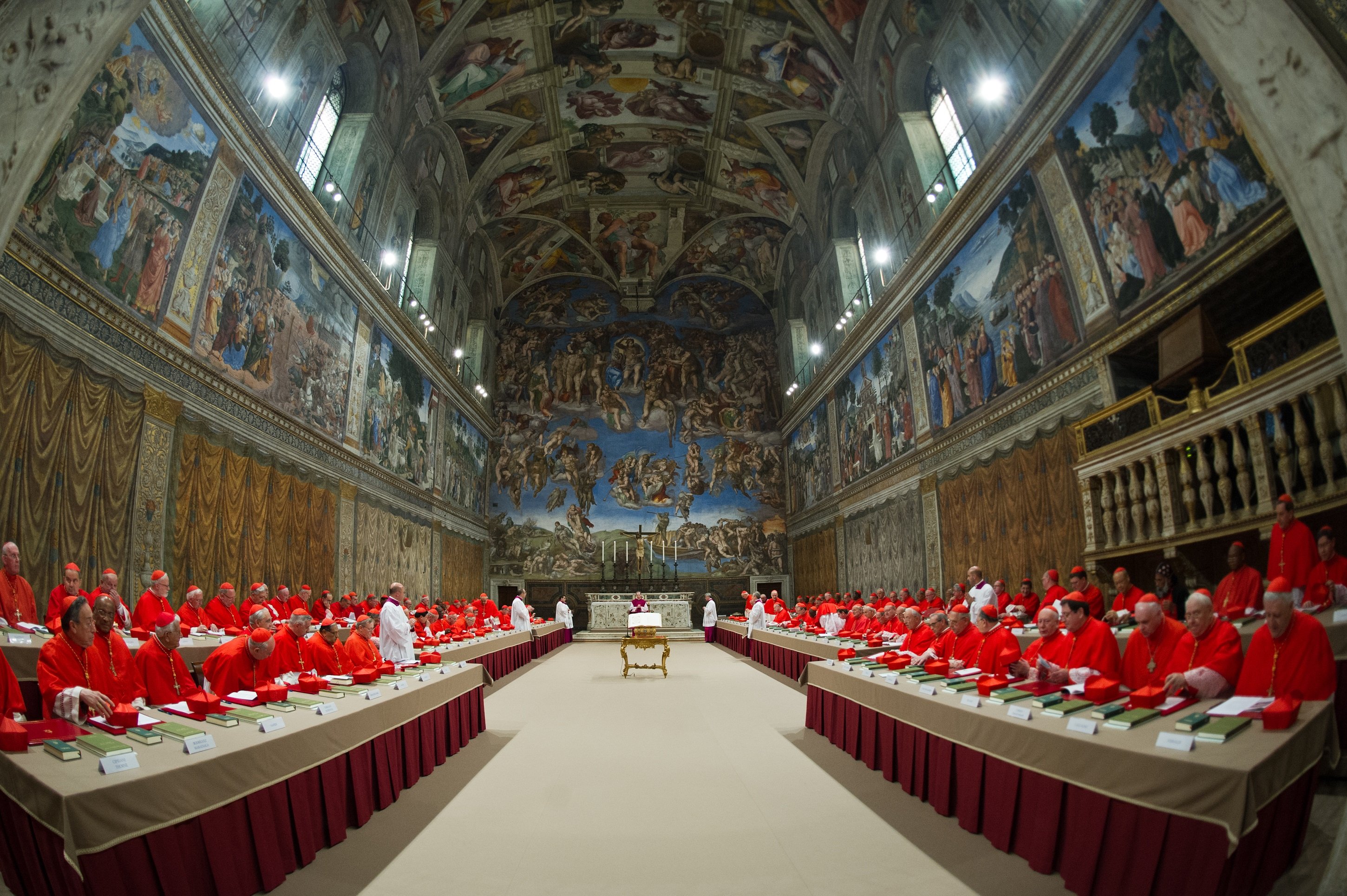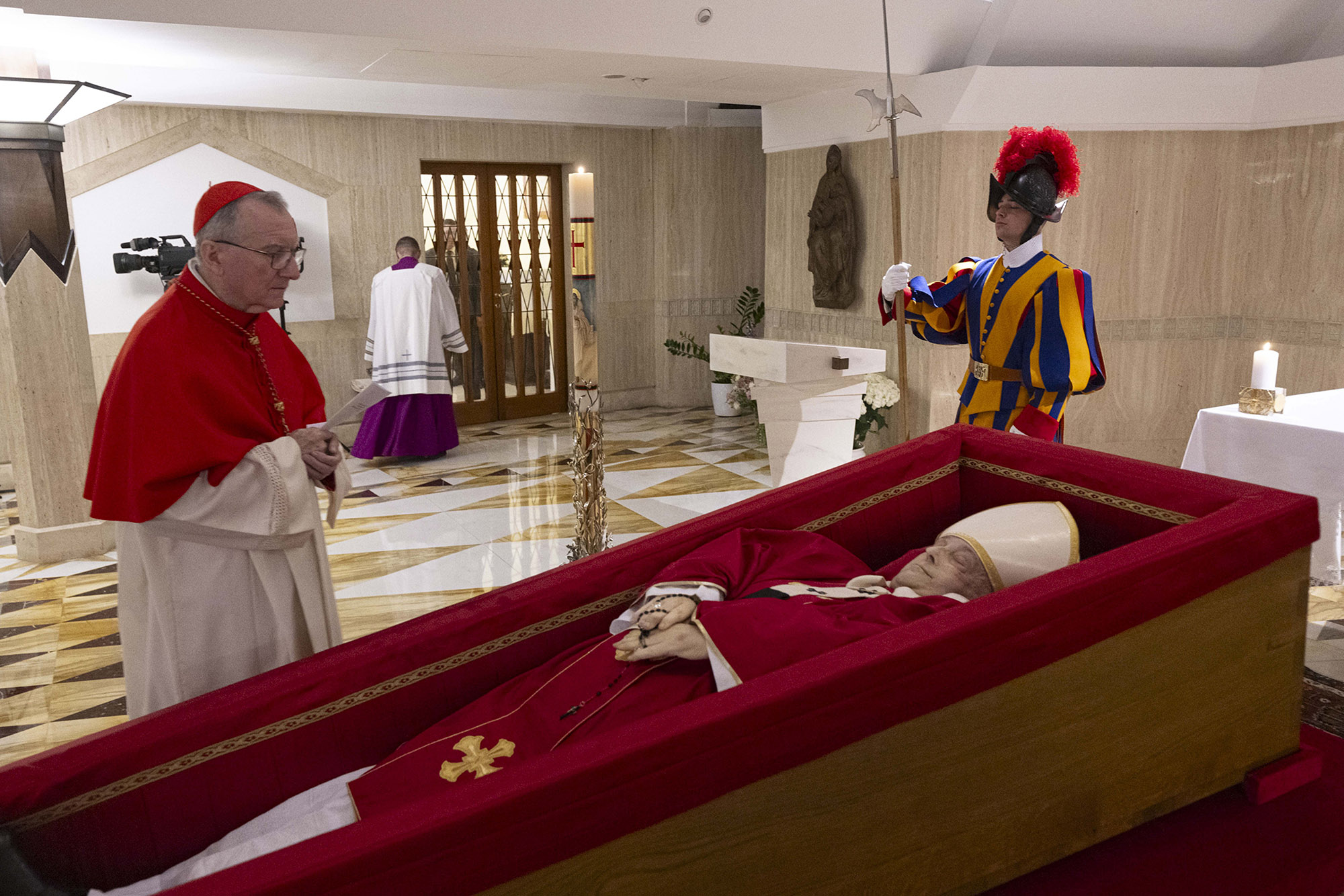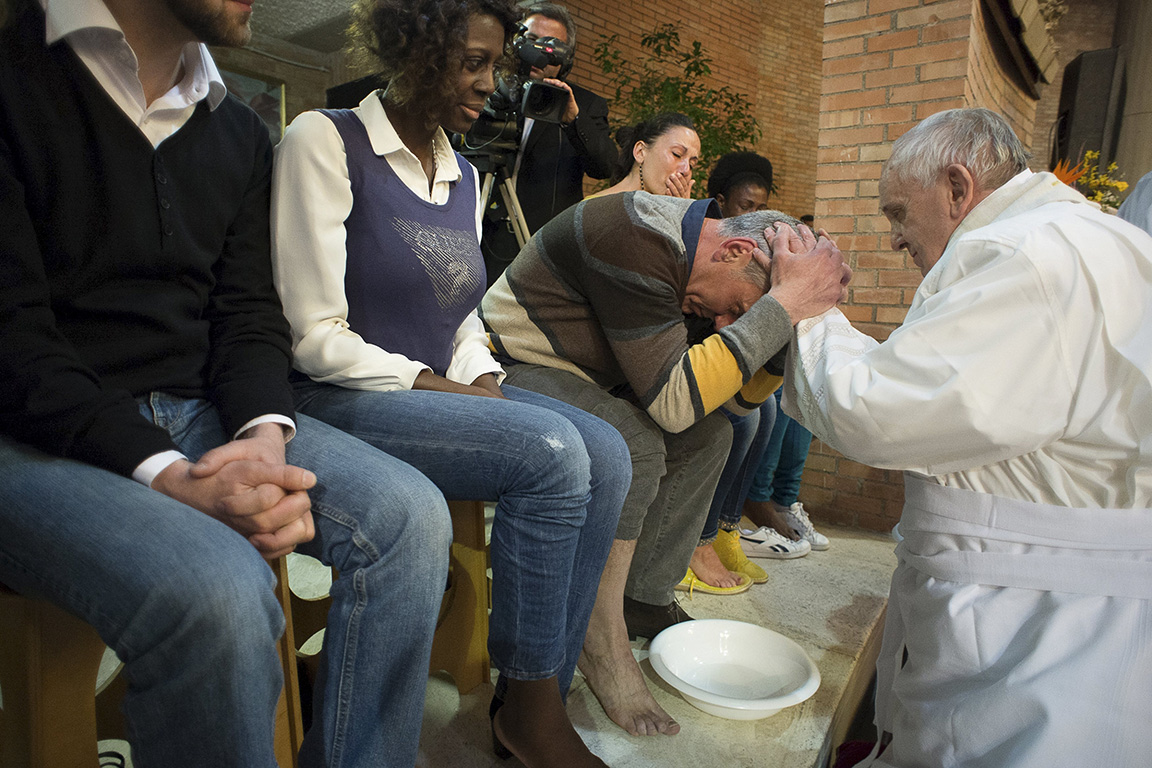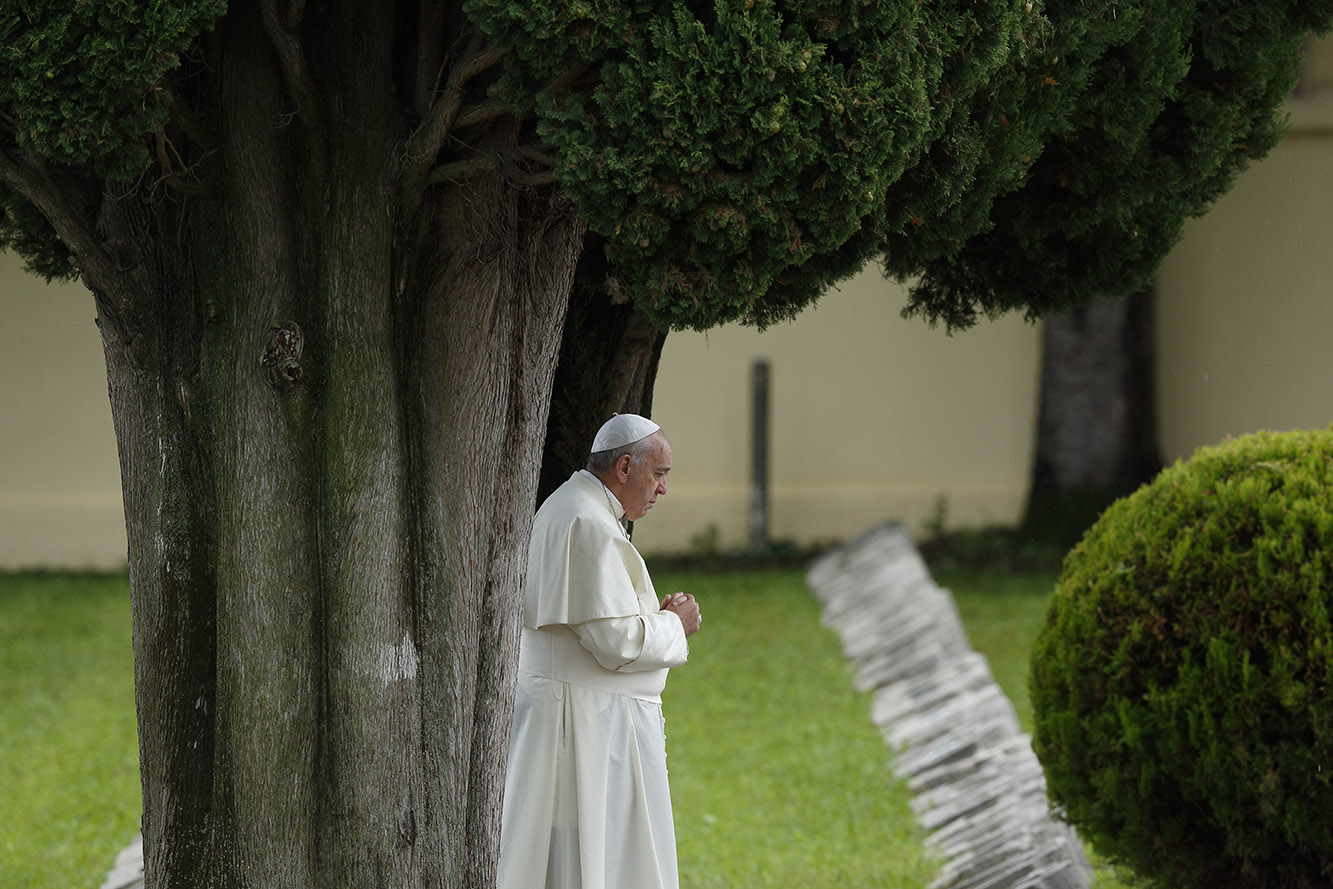Attorney general has a heart for defending religious liberty
The right of Americans to live out their faith in the public square is paramount to Missouri’s new attorney general, Josh Hawley.
Hawley has firsthand experience in defending religious liberty as an attorney with the Becket Fund for Religious Liberty, which sucessfully defended Hobby Lobby before the U.S. Supreme Court in its landmark lawsuit against the Department of Health and Human Services several years ago.
The HHS mandate spelled out that most employers must provide to employees, free of charge, certain drugs that cause abortions. Hobby Lobby’s CEO David Green, an evangelical Christian, said the mandate violated the religious beliefs on which the company was founded and has operated since 1970.
Hawley described Hobby Lobby’s case against the government as important, because it was representative of defending the right of normal, everyday Americans to live our their faith convictions in the workplace.
“You don’t give up your rights to religious freedom and religious expression when you start a business or when you go into the workplace,” he said. The Constitution is written to protect religious expression, so long as those expressions are peaceful and don’t harm others.
Two months into his new role as the state’s attorney general, Hawley described his role in defending Missouri law, as well as the state and U.S. constitutions. Missouri also has a Religious Freedom Restoration Act, enacted in 2003 and modeled in part after the federal law, which says that governmental authority may not restrict a person’s free exercise of religion, except in limited circumstances.
The Religious Freedom Restoration Act means the government can’t “force people to violate their faith unless (it) has the most compelling of reasons,” Hawley said. “It has to be a matter of public safety in order for people to violate their faith. And the burden is on the government.”
Missouri recently has had legislation affecting individual religious freedom. In the City of St. Louis, the Board of Aldermen approved Board Bill 203, which makes pregnancy and reproductive decisions protected classes. Opponents of the measure, including the Archdiocese of St. Louis and the Lutheran Church-Missouri Synod, have described it as promoting religious discrimination and persecution and a violation of state and federal law and the Constitution. The ordinance provides limited exemption for religious institutions to portions of the law but doesn’t provide protection for individual business owners who object due to religious reasons.
The Missouri House of Representatives is considering House Bill 174, which would protect the free-speech rights of alternative-to-abortion agencies. It also would pre-empt local governments from enacting laws that would require an individual, organization or other entity from directly or indirectly participating in abortion or providing health benefits that are contrary to their religious or moral beliefs.
While Hawley declined comment on pending legislation, he said that in general “attempts to censor religious speech and religious observance are very troubling. When government uses its coercive power to try and silence or punish religious speech … or to curb the observance of people of faith — and that includes institutions that are faith-based — that is very troubling. There’s a very high burden that government has to meet, and in general, it should be discouraged. Municipalities, states and federal government should not be using their coercive power to try and silence or coerce religious speech or observance.”
Americans must recommit themselves to defending and raising awareness of religious freedom, Hawley said. “Religious liberty is a foundational right that protects all of our other rights,” he said. “It says to the government, you can’t cross this line — you can’t tell us what to think, you can’t tell us what to say, and you can’t tell us who we can meet with. By protecting conscience, it opens up space to protect freedom of speech, freedom of assembly and freedom of press.”
Hawley said his time with the Becket Fund — founded by Catholic attorney Kevin J. “Seamus” Hasson — as well as his Jesuit education at Rockhurst High School in Kansas City were formative years that helped shape his understanding of religious liberty issues. The evangelical Christian joked that he’s been described as an “honorary Catholic” because of the influence of those institutions.
“The way that Seamus used to say it, the First Amendment is all about the right to be wrong,” Hawley said. “We don’t have to agree on religious matters. These are deep matters of conscience, and the government should never try to get us to agree. The government’s job is to protect our ability to be wrong.”
“We need individual believers and people in the public sphere to speak out and defend the religious liberty of all,” he said. “People have the right to live their faith at school, at work, in the public sphere. That is a part of our heritage. We don’t exclude any particular set of religious speech or religious beliefs from these places.”
RELATED ARTICLE(S):Approaches to religious liberty have developed over time
The right of Americans to live out their faith in the public square is paramount to Missouri’s new attorney general, Josh Hawley. Hawley has firsthand experience in defending religious liberty … Attorney general has a heart for defending religious liberty
Subscribe to Read All St. Louis Review Stories
All readers receive 5 stories to read free per month. After that, readers will need to be logged in.
If you are currently receive the St. Louis Review at your home or office, please send your name and address (and subscriber id if you know it) to subscriptions@stlouisreview.com to get your login information.
If you are not currently a subscriber to the St. Louis Review, please contact subscriptions@stlouisreview.com for information on how to subscribe.







